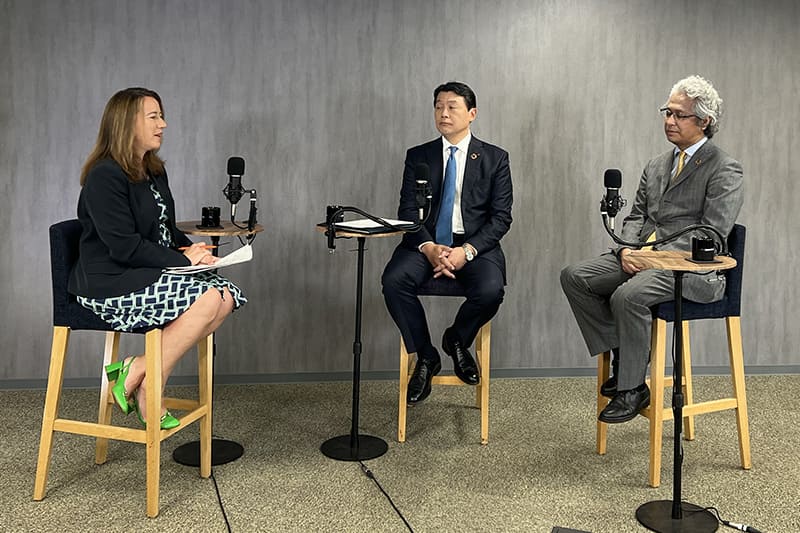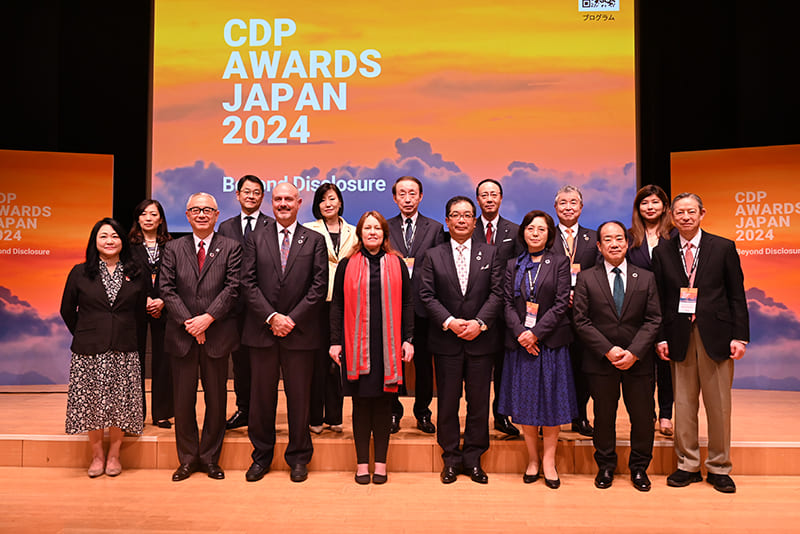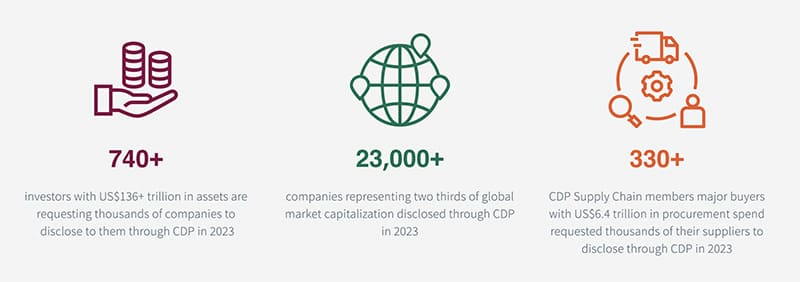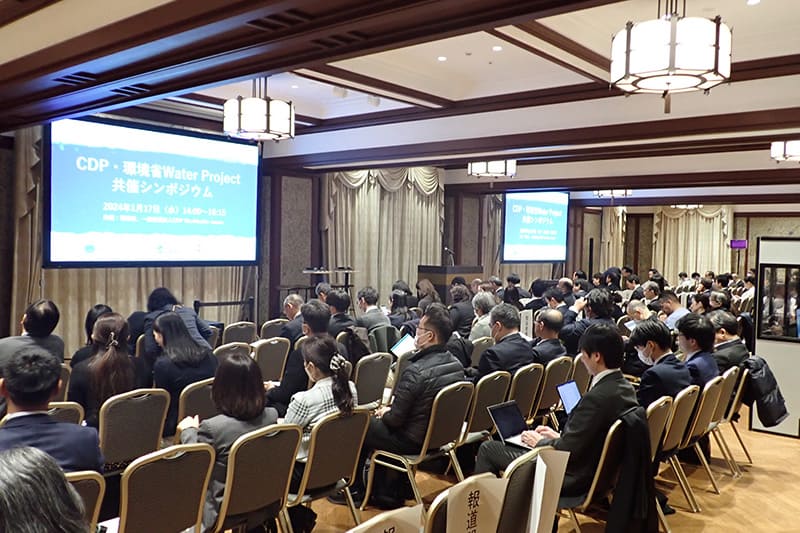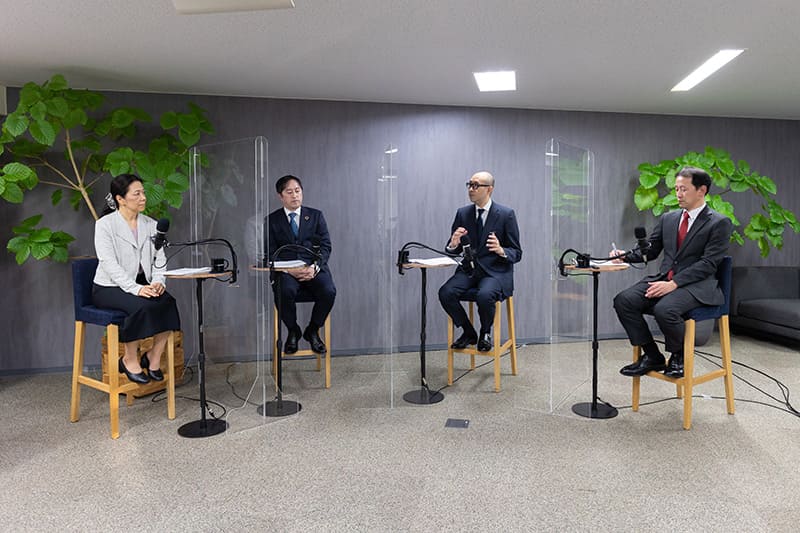January 03, 2022
CDP symposium outlines how cities are essential to achieving net zero
Contributing Writer
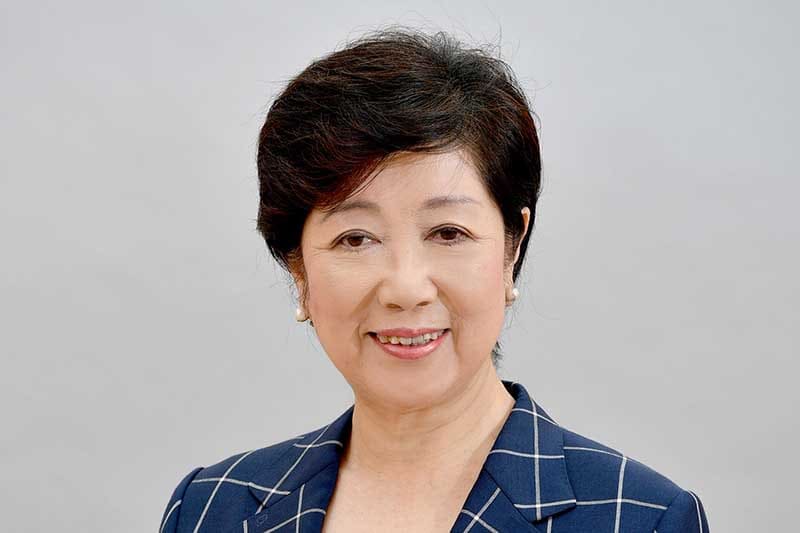
For the world to achieve the target of limiting global warming to 1.5 degrees Celsius, each country has to play its part. And for a country to not just declare but carry out its commitments, its municipalities need to set and then achieve their own targets. Municipalities, with their concentrations of people and industries, are actually the real players in global sustainability, and it is important to evaluate their efforts and impacts in order to effectively invest the necessary resources into them.
CDP, which was established in 2000 as an NGO to provide a comprehensive system for disclosing companies’ environmental impacts worldwide, launched a new program for cities to report their environmental information and efforts in 2011. A decade has now passed, and the number of municipalities that participated in CDP Cities in 2021 exceeded 1,000, including 189 from Japan — more than any other nation.

CDP Japan held an online symposium in December to recognize three cities — Tokyo, Kyoto and Yokohama — that made CDP’s Cities A List 2021 and to encourage financial institutions to use CDP scoring in their collaborations with municipalities and companies to support and accelerate local sustainability efforts. The Cities A List consists of cities that received high scores for best practices in all topics related to sustainability in a CDP questionnaire.
In the opening remarks of the symposium, Takeshi Mizuguchi, president of the Takasaki City University of Economics, noted that recent collaboration between CDP and the global network ICLEI – Local Governments for Sustainability is an important step forward in promoting municipalities’ sustainability efforts.

ICLEI combines the efforts of “more than 2,500 local and regional governments committed to sustainable urban development,” and CDP and ICLEI have been cooperating on disclosing municipalities’ climate-related information through a unified platform, ensuring local governments easier ways to access and submit data to other sustainability-related global initiatives and networks. Togo Uchida, executive director of ICLEI Japan, attended the symposium, where he shared some recent achievements of ICLEI, including the pavilion it organized at the U.N.’s COP26 climate conference, with support from the Scottish government, to host more than 60 events collaborating with municipalities from around the world. While Uchida recognized certain achievements of COP26, such as the creation of an international rule book to address climate change, he mentioned some challenges that have been left unsolved, one of which is whether all the commitments made by participating countries are feasible.
Again, that would depend greatly on the levels of engagement and achievement of a country’s municipalities. One of the symposium guests who spoke in a video message, Tokutaro Nakai, vice minister of the Ministry of the Environment, noted that regional decarbonization efforts are indispensable. “The government formulated the regional decarbonization road map in June 2021 and will select some 100 model areas,” he said. He also pointed out that disclosure is crucial to providing financial support to each area.
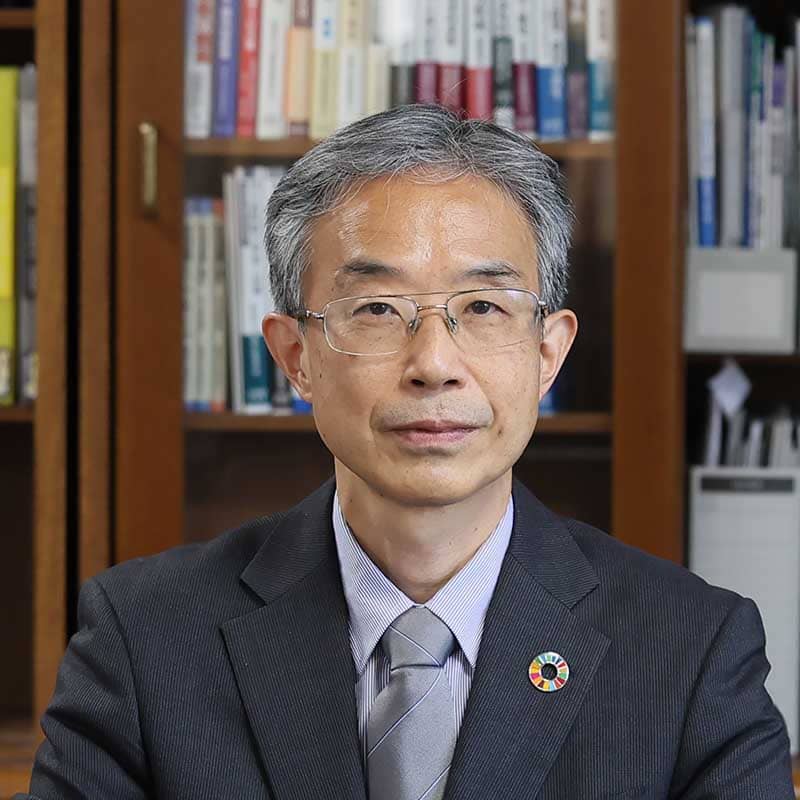
Satoshi Ikeda, the chief sustainable finance officer of the Financial Services Agency, who also sent a video message to the symposium, expressed hope that CDP Cities will trigger further improvement in both the quality and quantity of the disclosure of environmental information from each municipal government, which will be key to creating better partnerships among municipalities, investors, financial institutions and companies.
Kyra Appleby, global director of CDP’s Cities, States and Regions team, also stated in a video message: “Disclosure is the first step toward taking bold actions. As we say, ‘What gets measured, gets managed.’” Appleby congratulated the three cities on the A List, saying, “They are showing what is possible when action replaces words, implementing innovative solutions to cut emissions and adapt to climate change.”
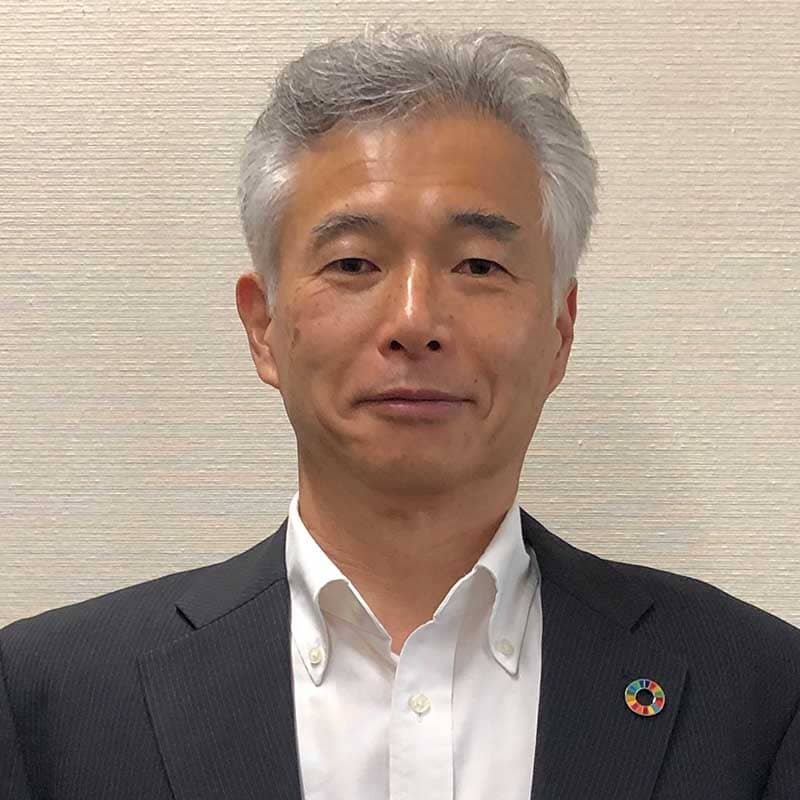
She attributed Japan’s success in becoming the leader in municipal disclosure to a strategic collaboration that CDP formed with the Ministry of the Environment. As CDP Project Manager Eriko Yamashita explained in reporting the results of CDP Cities 2021 at the symposium, CDP Japan worked with the ministry to use its data on local governments in order to help them respond to the CDP questionnaire. The data originated from a study conducted in 2020 by the Nomura Research Institute on local governments’ compliance with laws related to global warming. This was indeed a strategic and efficient way of dealing with the data — it is not just collected but utilized, returning analysis and feedback to each municipality. CDP also benefits because the more cities it receives responses from, the more presence and credibility its platform gains.
While many cities disclosed their environmental information via CDP for only the first time in 2021, Tokyo has been participating in CDP Cities since its launch. Gov. Yuriko Koike said in a video message to the symposium that Tokyo has declared it will reduce emissions by 50% and increase the ratio of renewable energy to 50% by 2030. Since buildings account for about 70% of Tokyo’s emissions, “We are considering the implementation of a unique system that obliges all small and medium-size buildings, including newly built homes, to have solar panels installed,” she said.
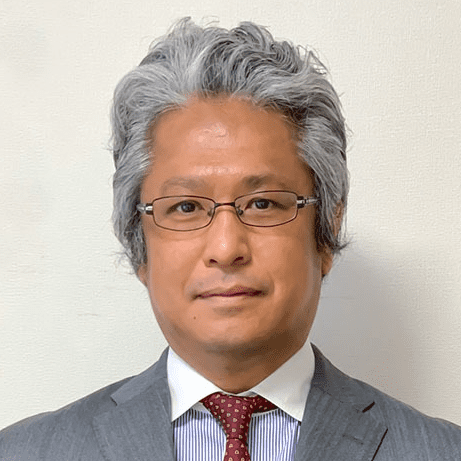
For Yokohama, 2021 was the second time it has made the A List. Mayor Takeharu Yamanaka explained that Yokohama collaborates with 13 municipalities in the Tohoku region to receive electricity from renewable sources because it does not have enough renewable energy capacity to meet its needs. On the other hand, it provides technical cooperation to Thailand and other Asian countries to promote decarbonization.
Kyoto was the first municipality in Japan to declare a target of net zero by 2050. Last March, it also became the first Japanese city to join the Powering Past Coal Alliance, an international coalition to promote the transition from coal to clean energy. Mayor Daisaku Kadokawa said the city’s energy consumption had decreased by 29% in 2019 compared with 1997 levels.
Yamashita from CDP said the world is paying attention to Japan’s efforts in realizing carbon-zero cities by 2050 and encouraged Japanese municipalities to continue participating in CDP Cities in 2022 not only to further their efforts but also to help investors and companies deepen their understanding about the municipalities’ efforts and expand collaborations.

